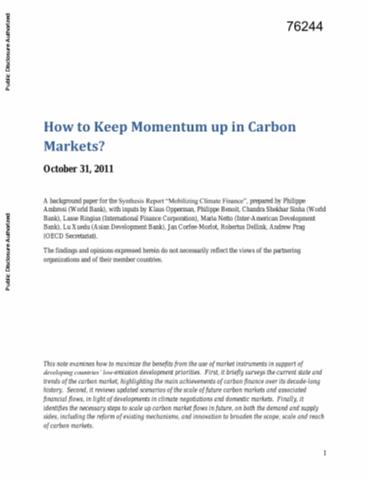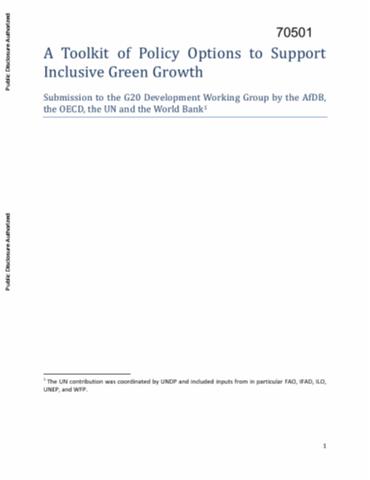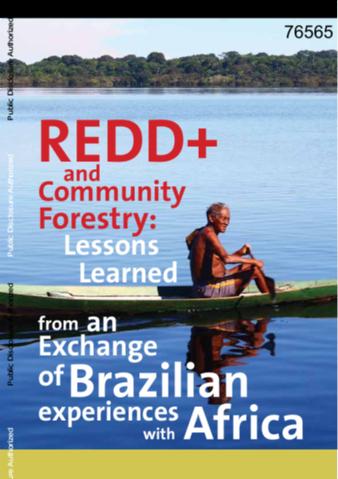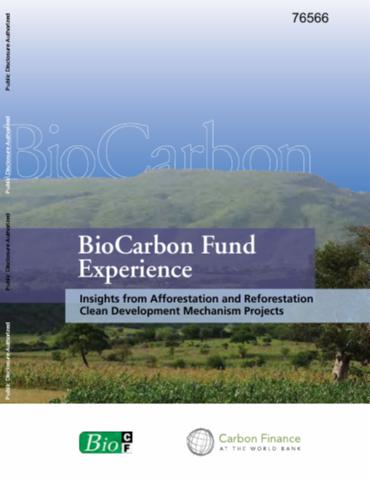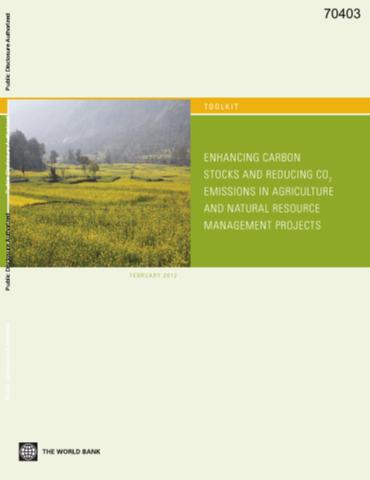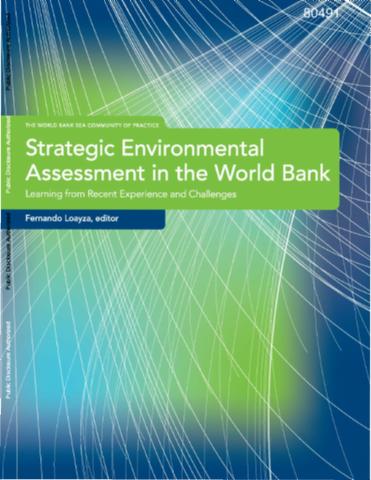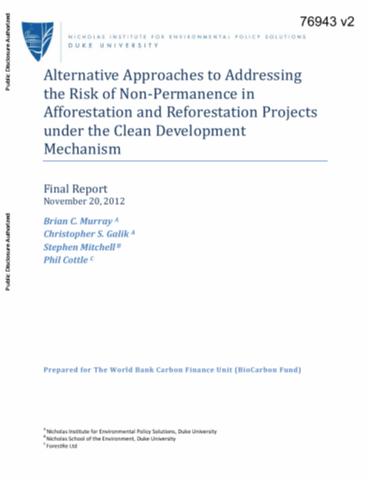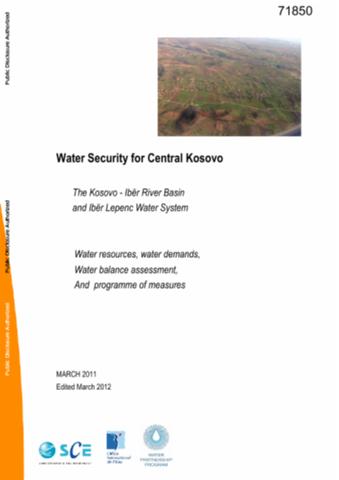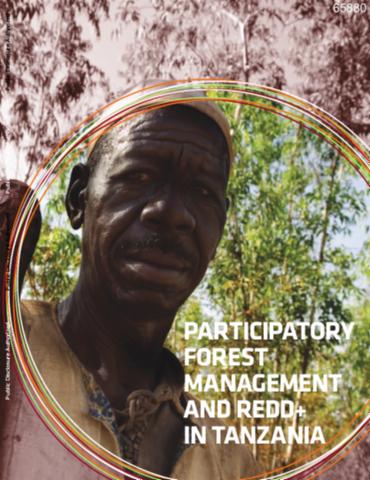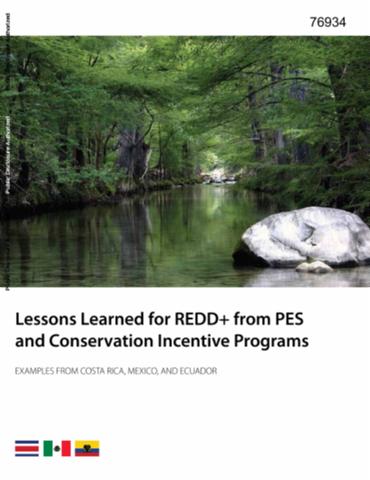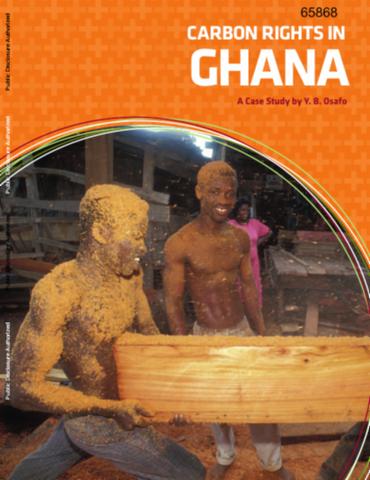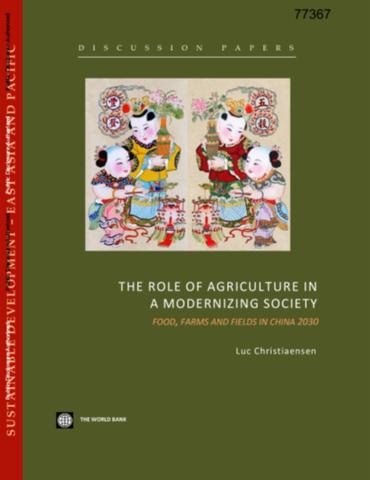How to Keep Momentum Up in Carbon Markets?
This note examines how to maximize the benefits from the use of market instruments in support of developing countries' low-emission development priorities. First, it briefly surveys the current state and trends of the carbon market, highlighting the main achievements of carbon finance over its decade-long history. Second, it reviews updated scenarios of the scale of future carbon markets and associated financial flows, in light of developments in climate negotiations and domestic markets.

